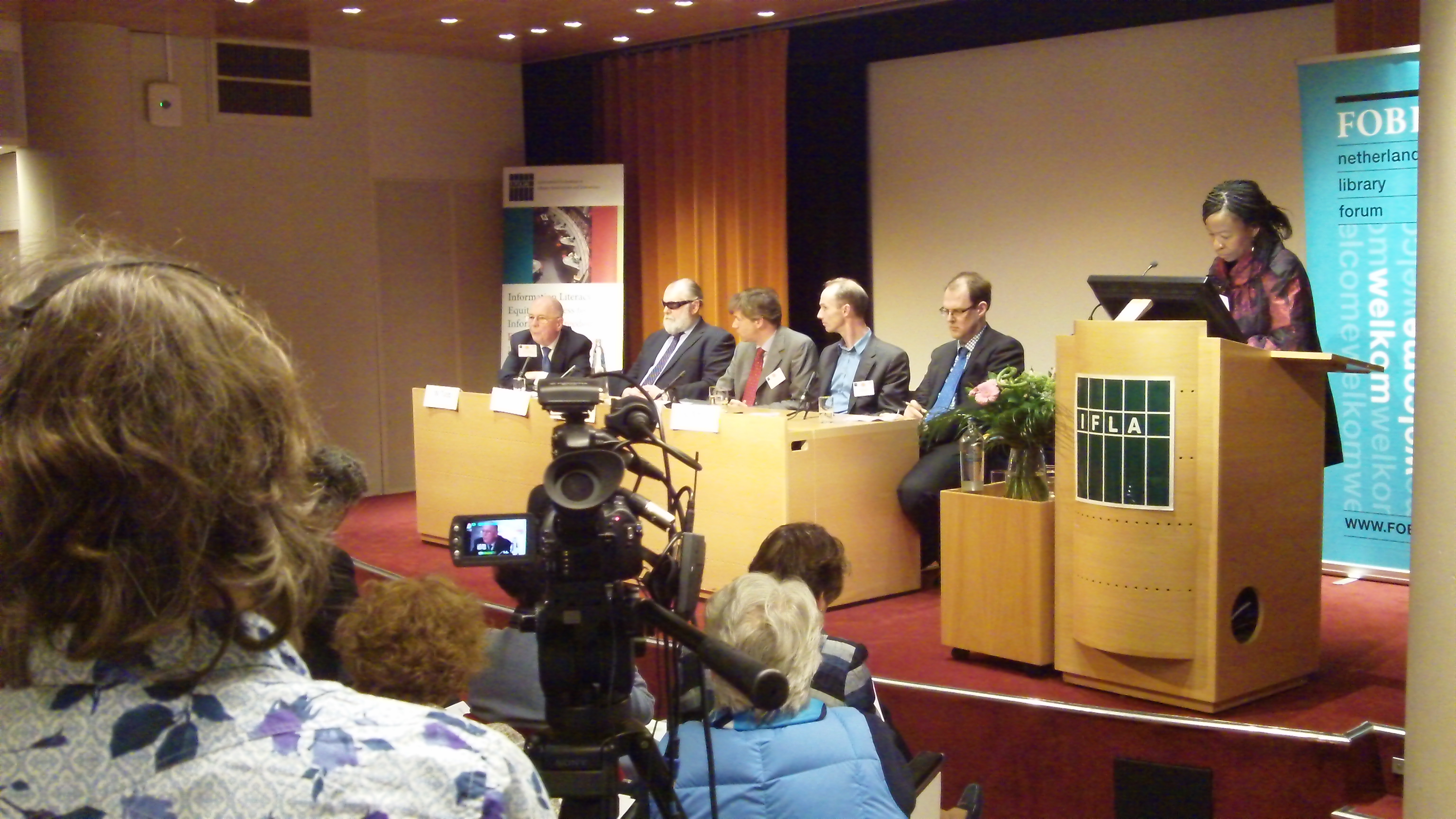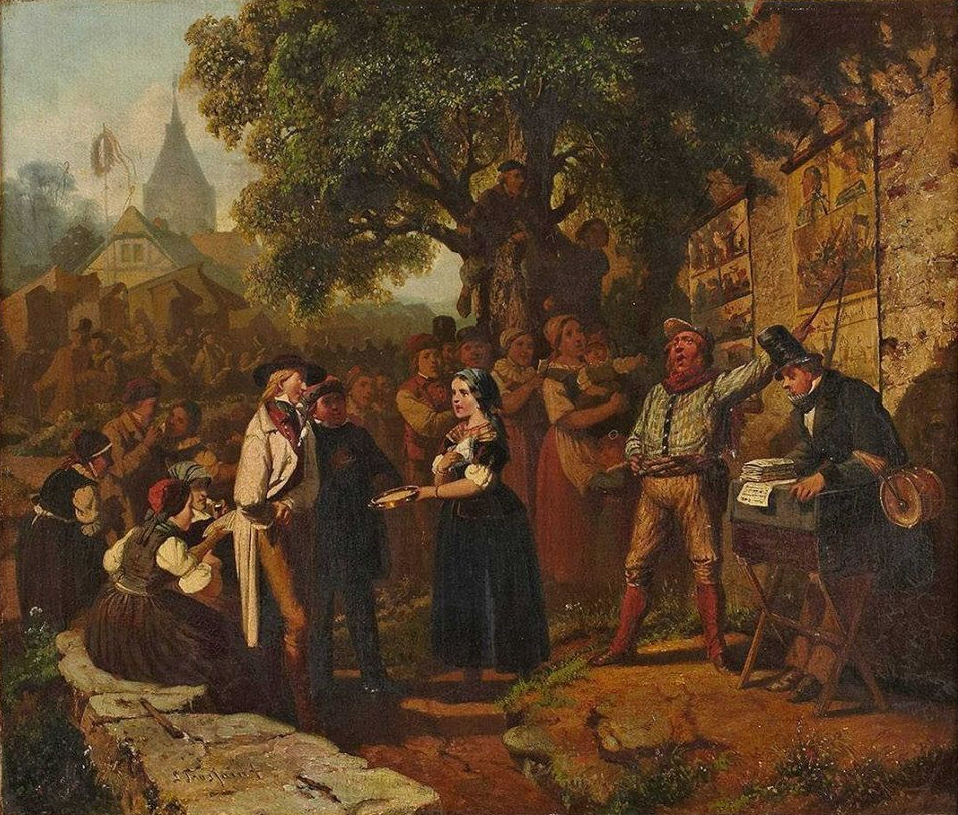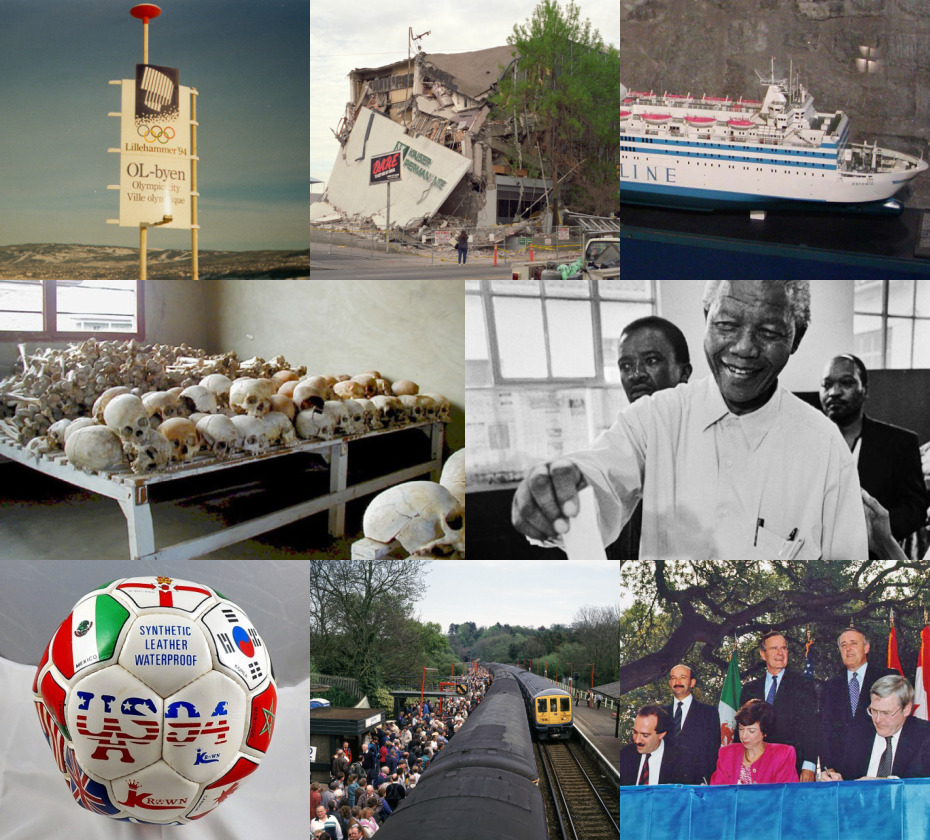|
UNESCO Public Library Manifesto
The UNESCO Public Library Manifesto is a document approved by UNESCO in 1949 and updated in Paris on 29 November, 1994. A further update appeared in July 2022. It declares the entity's belief towards public libraries internationally as essential institutions for the promotion of peace and education for all of humanity. History The document was introduced globally in 1949, and has undergone various revisions. The current version includes updates compiled over the course of the PGI Council Meeting of UNESCO in 1994. The Manifesto was prepared with the participation of the public libraries section of the International Federation of Library Associations and Institutions. Manifesto principles The Public Library Manifesto, adopted in 1949, proclaims UNESCO's belief in the public library as a force for education, culture and information, and as an essential agent for the fostering of peace and spiritual welfare through the minds of individuals. Recognizing the public library as a local c ... [...More Info...] [...Related Items...] OR: [Wikipedia] [Google] [Baidu] |
Paris
Paris () is the Capital city, capital and List of communes in France with over 20,000 inhabitants, largest city of France. With an estimated population of 2,048,472 residents in January 2025 in an area of more than , Paris is the List of cities in the European Union by population within city limits, fourth-most populous city in the European Union and the List of cities proper by population density, 30th most densely populated city in the world in 2022. Since the 17th century, Paris has been one of the world's major centres of finance, diplomacy, commerce, culture, Fashion capital, fashion, and gastronomy. Because of its leading role in the French art, arts and Science and technology in France, sciences and its early adoption of extensive street lighting, Paris became known as the City of Light in the 19th century. The City of Paris is the centre of the Île-de-France region, or Paris Region, with an official estimated population of 12,271,794 inhabitants in January 2023, or ... [...More Info...] [...Related Items...] OR: [Wikipedia] [Google] [Baidu] |
Cultural Diversity
Cultural diversity is the quality of diverse or different cultures, as opposed to Monoculturalism, monoculture. It has a variety of meanings in different contexts, sometimes applying to cultural products like art works in museums or entertainment available online, and sometimes applying to the variety of human cultures or traditions in a specific region, or in the world as a whole. It can also refer to the inclusion of different cultural perspectives in an organization or society. Cultural diversity can be affected by political factors such as censorship or the protection of the rights of artists, and by economic factors such as free trade or protectionism in the market for cultural goods. Since the middle of the 20th century, there has been a concerted international effort to protect cultural diversity, involving the UNESCO, United Nations Educational, Scientific and Cultural Organization (UNESCO) and its member states. This involves action at international, national, and local le ... [...More Info...] [...Related Items...] OR: [Wikipedia] [Google] [Baidu] |
UNESCO
The United Nations Educational, Scientific and Cultural Organization (UNESCO ) is a List of specialized agencies of the United Nations, specialized agency of the United Nations (UN) with the aim of promoting world peace and International security, security through international cooperation in education, arts, sciences and culture. It has 194 Member states of UNESCO, member states and 12 associate members, as well as partners in the Non-governmental organization, non-governmental, Intergovernmental organization, intergovernmental and private sector. Headquartered in Paris, France, UNESCO has 53 regional field offices and 199 National Commissions for UNESCO, national commissions. UNESCO was founded in 1945 as the successor to the League of Nations' International Committee on Intellectual Cooperation.English summary). UNESCO's founding mission, which was shaped by the events of World War II, is to advance peace, sustainable development and human rights by facilitating collaboratio ... [...More Info...] [...Related Items...] OR: [Wikipedia] [Google] [Baidu] |
Public Library
A public library is a library, most often a lending library, that is accessible by the general public and is usually funded from public sources, such as taxes. It is operated by librarians and library paraprofessionals, who are also Civil service, civil servants. There are five fundamental characteristics shared by public libraries: # they are generally supported by taxes (usually local, though any level of government can and may contribute); # they are governed by a board to serve the public interest; # they are open to all, and every community member can access the collection; # they are entirely voluntary, no one is ever forced to use the services provided; and # they provide library and information services without charge. Public libraries exist in many countries across the world and are often considered an essential part of having an educated and literate population. Public libraries are distinct from research library, research libraries, school library, school libraries, a ... [...More Info...] [...Related Items...] OR: [Wikipedia] [Google] [Baidu] |
International Federation Of Library Associations And Institutions
The International Federation of Library Associations and Institutions (IFLA) is an international body representing the interests of people who rely on Library, libraries and information professionals. A non-governmental, not-for-profit organization, IFLA was founded in Scotland in 1927 with headquarters at the National Library of the Netherlands in The Hague. IFLA sponsors the annual IFLA World Library and Information Congress, promoting Freedom of information, access to information, ideas, and works of imagination for social, educational, cultural, democratic, and economic empowerment. IFLA also produces several publications, including ''IFLA Journal''. IFLA partners with UNESCO, resulting in several jointly produced manifestos. IFLA is also a founding member of Blue Shield International, Blue Shield, which works to protect the world's cultural heritage when threatened by wars and natural disaster. History IFLA was founded in Edinburgh, Scotland, on 30 September 1927, when lib ... [...More Info...] [...Related Items...] OR: [Wikipedia] [Google] [Baidu] |
Library Portal
A library portal is an interface to access library resources and services through a single access and management point for users: for example, by combining the circulation and catalog functions of an integrated library system (ILS) with additional tools and facilities. Definition A library portal is defined as "a combination of software components that unify the user experience of discovering and accessing information" in contrast to a "single technology" to provide "services that support discovery, access and effective use of information." Major elements In addition to the basic functions of access to the library catalog, and a user's subscription records, significant elements of a library portal normally include: * " Metasearching tools, browsable interfaces, and online reference help", which aid in the discovery process * Links to full-text articles, OpenURL, * Interlibrary loan (ILL) or document delivery, for material the library does not own * Citation management software, u ... [...More Info...] [...Related Items...] OR: [Wikipedia] [Google] [Baidu] |
Cultural Globalization
Cultural globalization refers to the transmission of ideas, meanings and values around the world in such a way as to extend and intensify social relations.; This process is marked by the common consumption of cultures that have been diffused by the Internet, popular culture media, and international travel. This has added to processes of commodities exchange, commodity exchange and colonization which have a longer history of carrying cultural meaning around the globe. The circulation of cultures enables individuals to partake in extended social relations that cross national and regional borders. The creation and expansion of such social relations is not merely observed on a material level. Cultural globalization involves the formation of shared norms and knowledge with which people associate their individual and collective cultural identities. It brings increasing interconnectedness among different populations and cultures. The idea of cultural globalization emerged in the late 19 ... [...More Info...] [...Related Items...] OR: [Wikipedia] [Google] [Baidu] |
Manifestos
A manifesto is a written declaration of the intentions, motives, or views of the issuer, be it an individual, group, political party, or government. A manifesto can accept a previously published opinion or public consensus, but many prominent manifestos—such as ''The Communist Manifesto'' (1848) and those of various artistic movements—reject accepted knowledge in favor of a new idea. Manifestos relating to religious belief are generally referred to as ''creeds'' or ''confessions of faith''. Etymology The Italian word , itself derived from the Latin , meaning "clear" or "conspicuous". Its first recorded use in English is from 1620, in Nathaniel Brent's translation of the Italian from Paolo Sarpi's ''History of the Council of Trent'': "To this citation he made answer by a Manifesto" (p. 102). Similarly, "They were so farre surprised with his Manifesto, that they would never suffer it to be published" (p. 103).''Oxford English Dictionary,'' s.v. “manifesto (n.), ... [...More Info...] [...Related Items...] OR: [Wikipedia] [Google] [Baidu] |
1949 Documents
Events January * January 1 – A United Nations-sponsored ceasefire brings an end to the Indo-Pakistani War of 1947. The war results in a stalemate and the division of Kashmir, which still continues as of 2025 * January 2 – Luis Muñoz Marín becomes the first democratically elected Governor of Puerto Rico. * January 11 – The first "networked" television broadcasts take place, as KDKA-TV in Pittsburgh, Pennsylvania, goes on the air, connecting east coast and mid-west programming in the United States. * January 16 – Şemsettin Günaltay forms the new government of Turkey. It is the 18th government, last One-party state, single party government of the Republican People's Party. * January 17 – The first Volkswagen Beetle, VW Type 1 to arrive in the United States, a 1948 model, is brought to New York City, New York by Dutch businessman Ben Pon Sr., Ben Pon. Unable to interest dealers or importers in the Volkswagen, Pon sells the sample car to pay his ... [...More Info...] [...Related Items...] OR: [Wikipedia] [Google] [Baidu] |
1994 Documents
The year 1994 was designated as the " International Year of the Family" and the "International Year of Sport and the Olympic Ideal" by the United Nations. In the Line Islands and Phoenix Islands of Kiribati, 1994 had only 364 days, omitting December 31. This was due to an adjustment of the International Date Line by the Kiribati government to bring all of its territories into the same calendar day. Events January * January 1 ** The North American Free Trade Agreement (NAFTA) is established. ** Beginning of the Zapatista uprising in Mexico. * January 8 – ''Soyuz TM-18'': Valeri Polyakov begins his 437.7-day orbit of the Earth, eventually setting the world record for days spent in orbit. * January 11 – The Irish government announces the end of a 15-year broadcasting ban on the Provisional Irish Republican Army and its political arm Sinn Féin. * January 14 – U.S. President Bill Clinton and Russian President Boris Yeltsin sign the Kremlin accords, which stop the prep ... [...More Info...] [...Related Items...] OR: [Wikipedia] [Google] [Baidu] |





